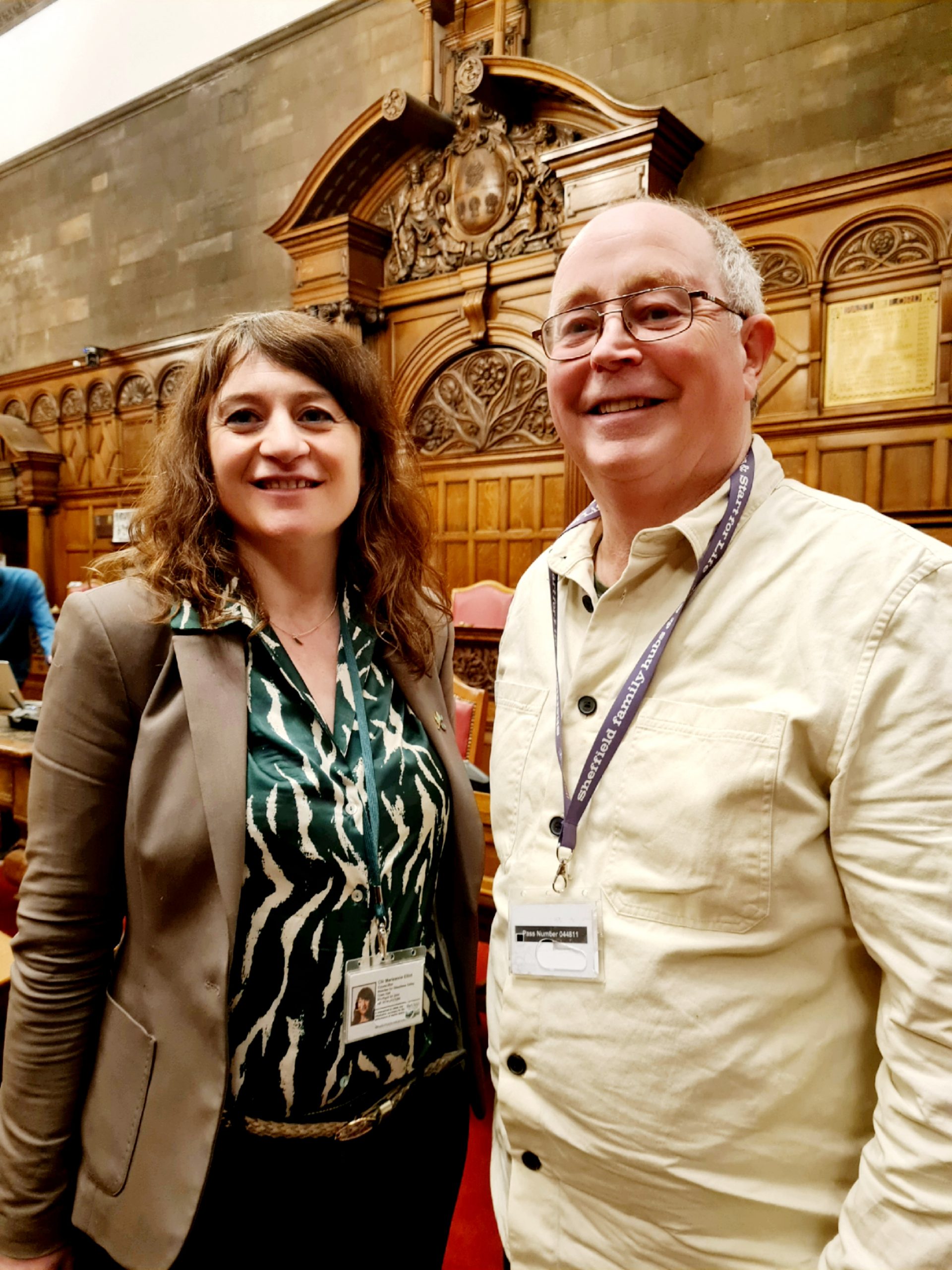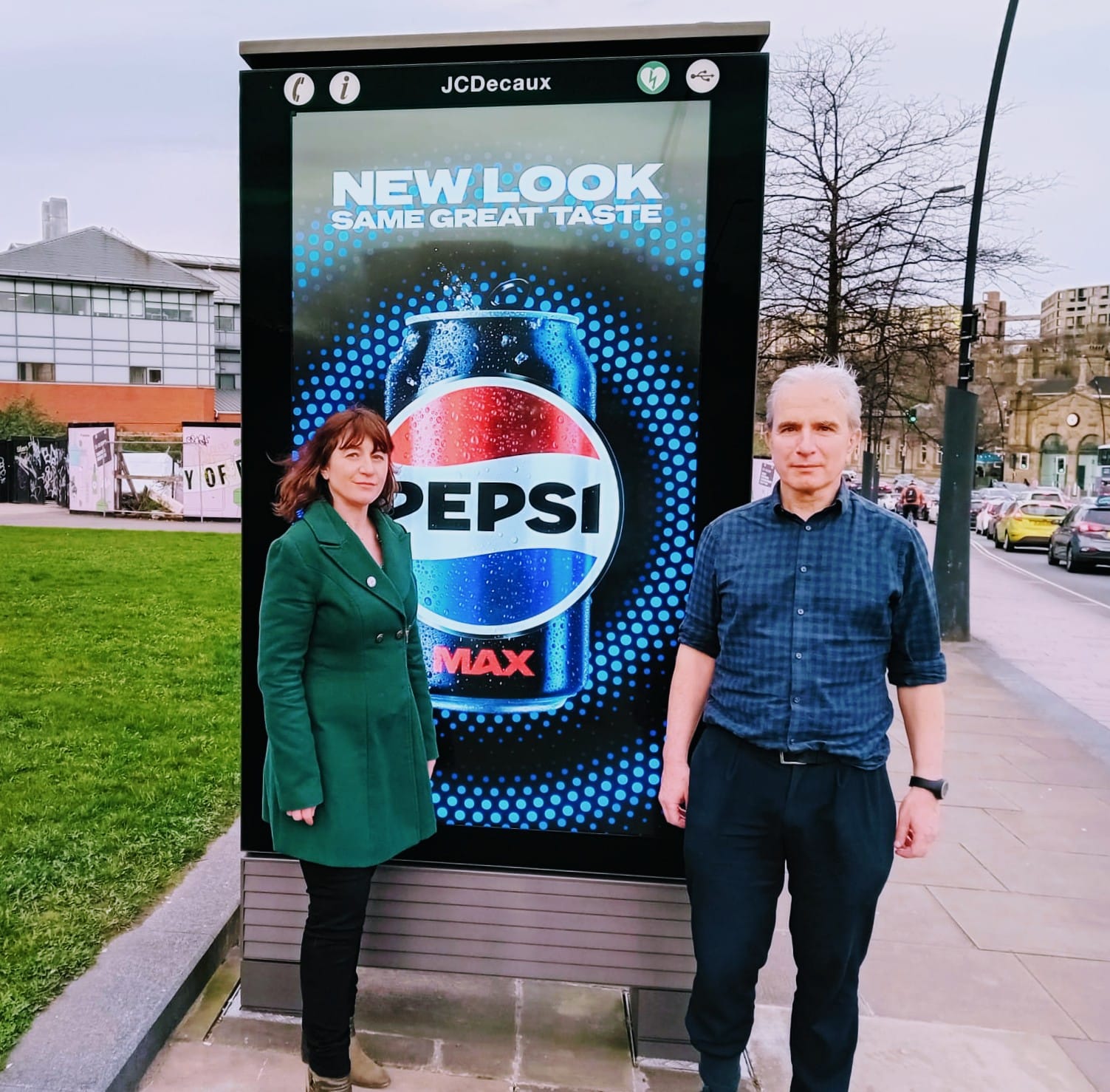
In February, a Green motion to council included a request for an advertising policy which does not support high carbon industries and products harmful to people and nature, as promoted by Adfree Cities. Sheffield City Council officers have been developing this policy.
The policy, approved by the Finance Committee today, is welcomed by Green Councillors Marieanne Elliot and Toby Mallinson.
Recent research by AdFree Cities evidences that advertising and inequality go hand in hand. A case study in Sheffield shows that 56% of outdoor advertising is in the 3 most deprived areas and there’s only 8% in the 3 least deprived areas.
Cllr Elliot said;
“Advertising has a direct effect on the way we make decisions and children are particularly vulnerable to marketing techniques that promote unhealthy diets.
“I’m pleased that the policy recognises that it is irresponsible to promote food and drink with little or no nutritional value that’s high in sugar and fat. It also recognises that gambling is a public health issue.
“The policy even goes as far as stating that high carbon/ fossil fuel organisations and products can influence opinion by using greenwashing to mislead people. This is real progress. Introducing this policy is a strong move for Sheffield as it tackles some of the impacts of consumerism, advertising and injustice. If we seriously want to move away from greenwashing and promoting products and foods that are making our health worse and negatively affecting our wellbeing we need policies like this.
“If I were to draw out any areas for improvement, I’d like to see restrictions on fossil fuel financiers like the big banks – Barclays and HSBC for example.
“The new policy will not be binding on the advertising companies straight away as their existing contractual terms still apply, until their renewal/ expiration date. This means that we might not see the changes as quickly as we would like.
“The inconsiderate positioning of advertising boards is not something that this policy deals with. We have advertising boards obstructing pavements and cycle lanes in Sheffield and we need to deal with that. Also, the positioning of boards can cause light pollution and detrimentally affect wildlife, this should be a planning consideration.
“A further step would be a moratorium on new digital advertising boards. These boards can use as much electricity each as 4 average homes. Unfortunately there was a missed opportunity by not including this in the new local plan. I am pleased that council officers will now take away my request to look at this.
“JCDecaux and Clear Channel currently have a total of 146 advertising boards across the city. This number does not include adverts on bus stops (controlled by the region), phone boxes or privately owned property. The policy will not address those. It would be great to see the South Yorkshire Mayoral Combined Mayoral Authority follow suit with a review of its bus stop advertising Hopefully other local authorities will be inspired by Sheffield’s progressive policy too.”
Cllr Mallinson said;
“The policy recognises that outdoor advertising affects and influences people. Large multinational companies spend millions on advertising for a reason. Advertising can promote products which are damaging to our environment and our wellbeing and the council has a responsibility to put measures in place to address this.
“The concentration of advertising in particular areas is a real concern – you can’t escape it! City, Darnall, Burngreave, Hillsborough and Broomhill & Sharrow Vale are the five most affected wards.
“An important aspect of the new policy is that it differentiates between advertising that local businesses may need locally, and advertising from national and multinational corporations on large illuminated bill-boards. In order to support a transition away from a throw-away carbon intensive culture we need to progressively reduce and even eliminate advertising from national and multinational corporations in line with the aims of the Adfree Cities campaign.”
Veronica Wignall, co-director at Adfree Cities said;
“This is a bold and common sense policy that firmly prioritises climate action and the health and wellbeing of people in Sheffield over the financial profits of advertising companies and global brands. Sheffield has set a standard for other councils across the UK – we hope to see many others follow suit.”
Media reports;
Specialist media:
and for pure entertainment
References
Sheffield’s Advertising Policy – Item 10 on Finance Committee Agendas
Ad Free Cities Campaign https://adfreecities.org.uk/unavoidable-impact/



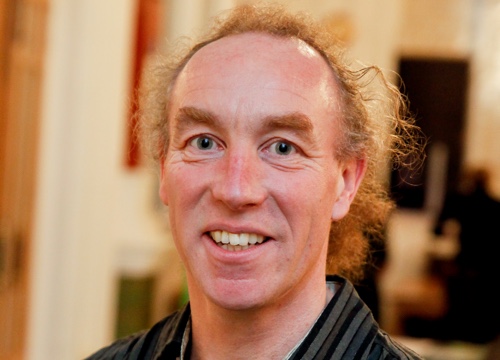
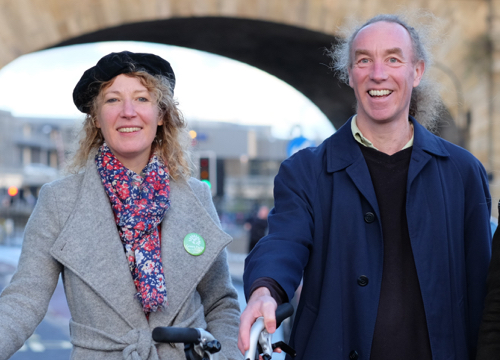
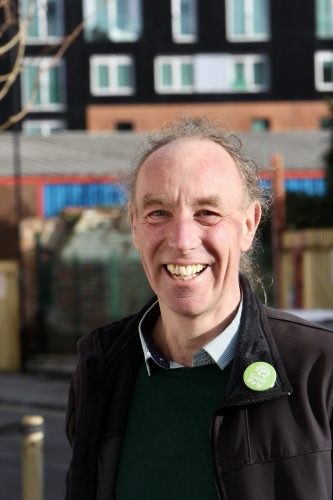 Leader of the Green Group on Sheffield City Council, Cllr Douglas Johnson has expressed sadness and disappointment after Labour and LibDem councillors blocked the Council from joining the Sheffield Coalition against Israeli Apartheid.
Leader of the Green Group on Sheffield City Council, Cllr Douglas Johnson has expressed sadness and disappointment after Labour and LibDem councillors blocked the Council from joining the Sheffield Coalition against Israeli Apartheid.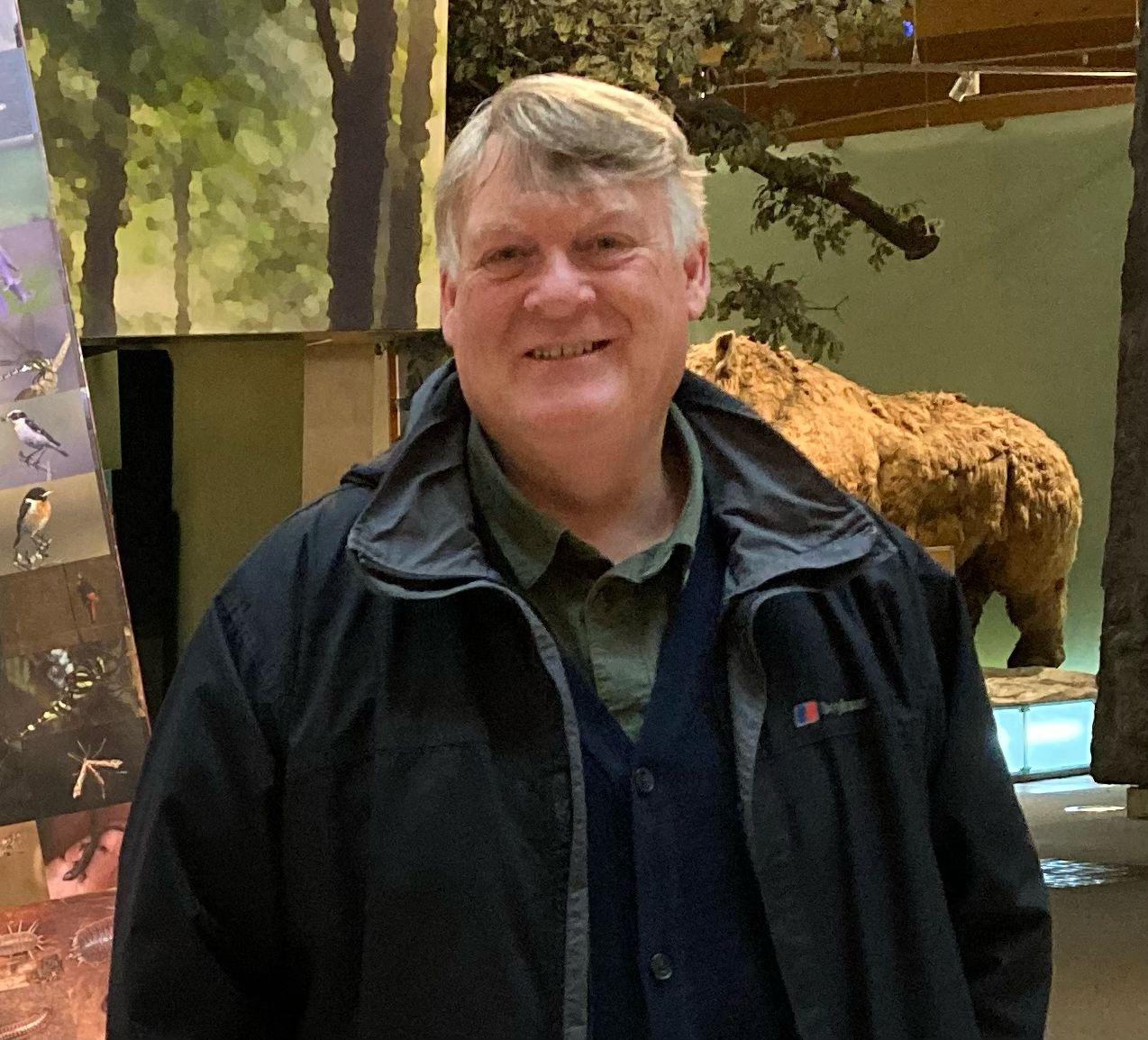


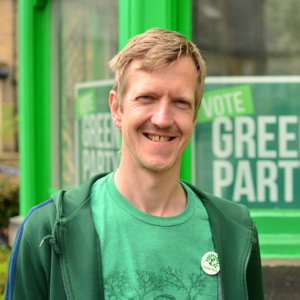 Gleadless Valley Green Cllr Paul Turpin says,
Gleadless Valley Green Cllr Paul Turpin says,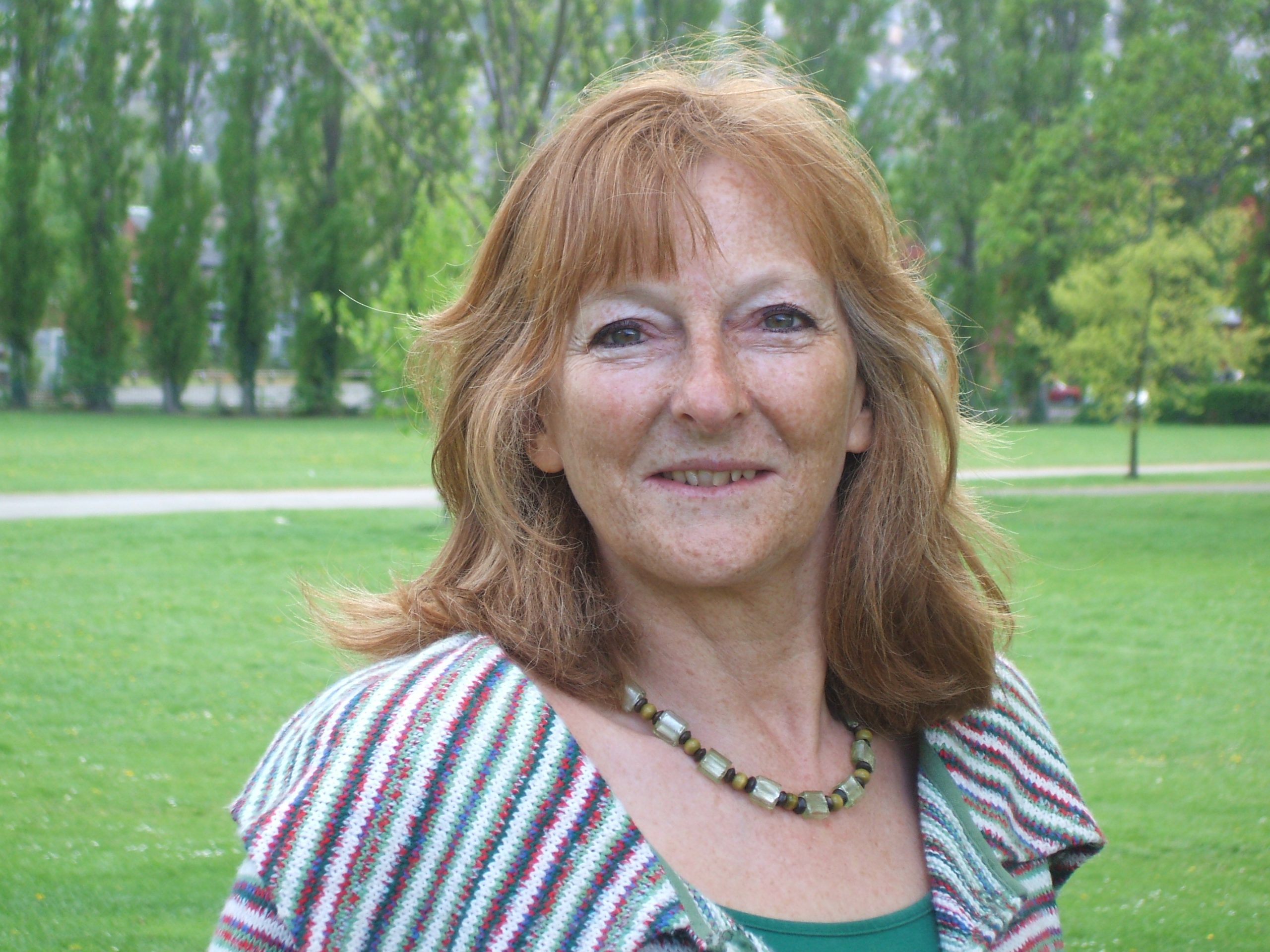 Hillsborough Cllr Christine Gilligan-Kubo, Deputy Chair of the Transport, Regeneration and Climate Committee said,
Hillsborough Cllr Christine Gilligan-Kubo, Deputy Chair of the Transport, Regeneration and Climate Committee said,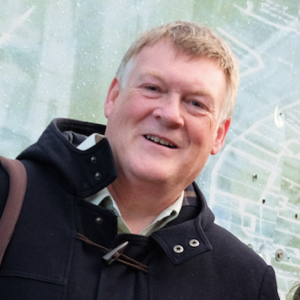 Brian Holmshaw, Green councillor for Broomhill and Sharrow Vale, said,
Brian Holmshaw, Green councillor for Broomhill and Sharrow Vale, said,